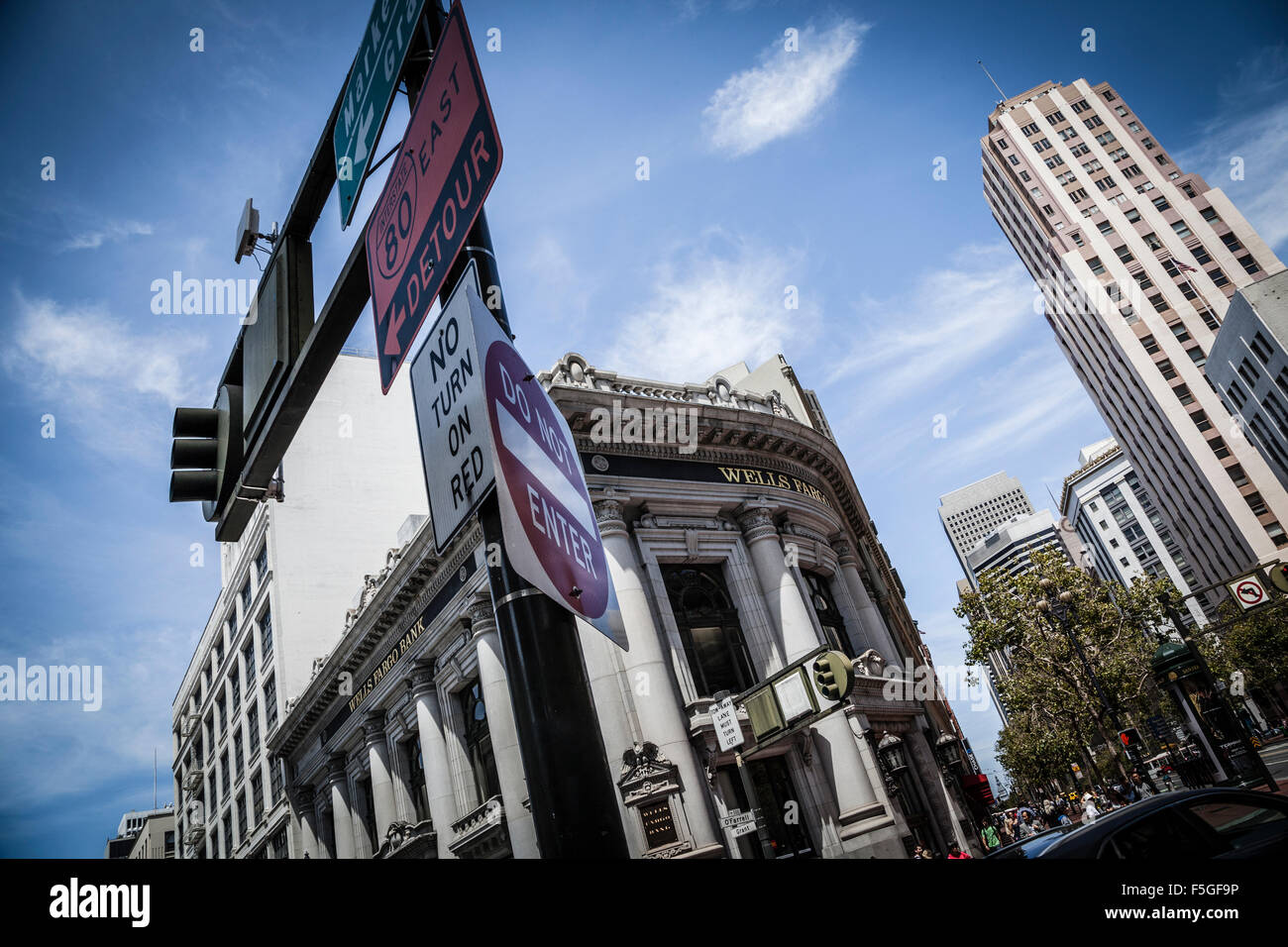San Francisco’s Stolen Goods Market

San francisco signs stolen goods – San Francisco has a significant problem with stolen goods, which negatively impacts the city’s economy and reputation. In 2022, the San Francisco Police Department (SFPD) recovered over $20 million worth of stolen property, including vehicles, bicycles, and electronics.
San Francisco’s iconic signs have been a target of theft in recent years, with hundreds of these valuable pieces disappearing from the city’s streets. The san francisco signs stolen goods have been a major concern for the city, as they represent a loss of both cultural and economic value.
The city has taken steps to combat the theft, including increasing police patrols and working with local businesses to secure their signs.
The prevalence of stolen goods in San Francisco is due to several factors, including the city’s large tourist population, its proximity to major transportation hubs, and its relatively high crime rate. The city’s large tourist population provides a ready market for stolen goods, as tourists are often unaware of the risks associated with purchasing stolen property. Additionally, San Francisco’s proximity to major transportation hubs, such as the Port of Oakland and San Francisco International Airport, makes it easy for criminals to transport stolen goods in and out of the city.
Impact on the City’s Economy
The stolen goods market has a significant impact on San Francisco’s economy. Stolen goods are often sold at a fraction of their retail value, which can hurt legitimate businesses that sell similar products. Additionally, the stolen goods market can lead to increased insurance rates for businesses and residents, as insurance companies try to offset the costs of stolen property.
Impact on the City’s Reputation
The stolen goods market also has a negative impact on San Francisco’s reputation. The city is often perceived as being unsafe and crime-ridden, which can deter tourists and businesses from visiting or investing in the city.
In San Francisco, a recent spike in stolen goods has raised concerns. Among the items reported missing are designer handbags, jewelry, and clothing from high-end stores. The investigation has led to the discovery of a connection to saks stock , indicating a possible organized retail crime ring.
The authorities are working to apprehend the suspects and recover the stolen goods, ensuring the safety and security of the city.
Types of Stolen Goods Most Commonly Recovered
The most commonly recovered stolen goods in San Francisco are vehicles, bicycles, and electronics. In 2022, the SFPD recovered over 1,000 stolen vehicles, 5,000 stolen bicycles, and $5 million worth of stolen electronics.
Challenges in Combating Stolen Goods: San Francisco Signs Stolen Goods

The proliferation of stolen goods poses significant challenges to law enforcement and society as a whole. Overcoming these obstacles requires a multifaceted approach involving law enforcement, community engagement, and technological advancements.
One of the primary challenges is the sheer volume and diversity of stolen goods, ranging from everyday items to high-value collectibles. This diversity makes it difficult for law enforcement to track and recover stolen property efficiently.
Organized Crime, San francisco signs stolen goods
Organized crime plays a significant role in the stolen goods trade. Criminal networks often operate across borders, making it challenging for law enforcement to apprehend them and recover stolen goods. These networks employ sophisticated methods to launder and distribute stolen goods, making it difficult to trace their origins.
Public Awareness and Cooperation
Public awareness and cooperation are crucial in reducing the demand for stolen goods. By educating the public about the consequences of purchasing stolen property, law enforcement can discourage individuals from engaging in such activities. Additionally, encouraging citizens to report suspicious activities can assist law enforcement in identifying and apprehending criminals involved in the stolen goods trade.
Solutions for Addressing Stolen Goods

San Francisco has a persistent problem with stolen goods. The city’s large homeless population and open-air drug markets provide a ready market for stolen goods, and the city’s relatively lax laws make it difficult to prosecute those who sell stolen goods.
There are a number of things that can be done to address the problem of stolen goods in San Francisco. These include:
Best Practices for Preventing and Deterring Stolen Goods
There are a number of things that individuals and businesses can do to prevent and deter stolen goods. These include:
- Securing property with locks, alarms, and other security measures.
- Marking property with identifying marks, such as engraving or etching.
- Keeping track of serial numbers and other identifying information for valuable items.
- Reporting stolen property to the police immediately.
Effectiveness of Sting Operations and Other Enforcement Measures
Sting operations are a type of undercover police operation in which officers pose as buyers or sellers of stolen goods. Sting operations can be effective in catching criminals and recovering stolen property. However, they can also be expensive and time-consuming.
Other enforcement measures, such as increased patrols and surveillance, can also be effective in deterring stolen goods. However, these measures can also be expensive and time-consuming.
Legislative Changes to Strengthen Laws Against Stolen Goods
There are a number of legislative changes that could be made to strengthen laws against stolen goods. These include:
- Increasing the penalties for selling stolen goods.
- Making it easier to prosecute those who sell stolen goods.
- Providing more resources to law enforcement to investigate and prosecute stolen goods cases.